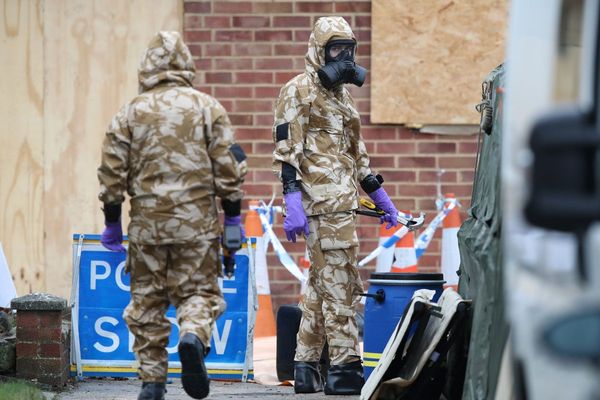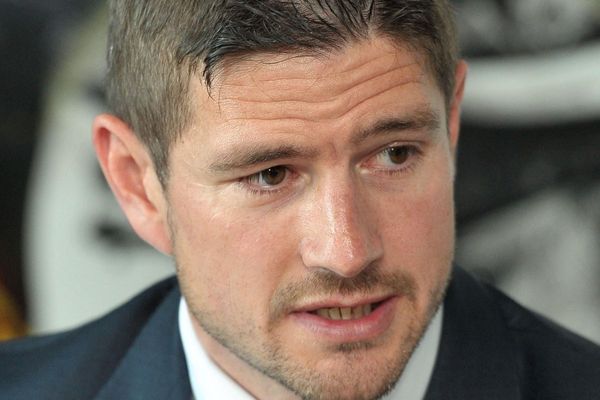
A senior U.S. envoy visiting Beirut on Monday emphasized that a truce in the Gaza Strip would not automatically bring calm to the volatile Lebanon-Israel border, which has seen escalating tensions in recent days. Since the start of the Israel-Hamas conflict, Lebanon's Hezbollah group has engaged in daily exchanges of fire with Israel, leading to the displacement of thousands and raising concerns about the potential spread of the conflict in the region.
The U.S. envoy's visit comes as efforts are underway to broker a cease-fire between Israel and Hamas, with a focus on releasing hostages held by the Palestinian militant group. The envoy reiterated the United States' commitment to achieving lasting security solutions through diplomatic means, aiming to facilitate the safe return of displaced individuals on both sides of the conflict.
Recent incidents, including a fatal anti-tank missile attack from Lebanon that killed a foreign worker in Israel and thwarted infiltration attempts by Israeli troops in southern Lebanon, have further heightened tensions along the border. Both sides have reported casualties, with Hezbollah fighters and civilians among the casualties in Lebanon, while Israeli soldiers and civilians have also been affected.
The envoy stressed the need for a comprehensive approach to security in the region, highlighting the importance of addressing the root causes of conflict to prevent further escalation. He underscored the significance of reevaluating the security dynamics along the Lebanon-Israel border to ensure the safety of all parties involved.



Amid calls for Hezbollah to withdraw its elite fighters from specified areas as per previous agreements, the envoy emphasized the necessity of a strategic shift in the security framework to avoid a wider conflict. He also acknowledged the ongoing economic crisis in Lebanon, emphasizing the need for stability and progress in the country.
Hezbollah's deputy leader criticized the U.S. for its role in the conflict, urging mediators to focus on halting aggression to achieve regional peace. He reiterated the group's stance that ending the war in Gaza is essential to preventing further escalation in the region.
The visit of the U.S. envoy underscores the complex challenges facing the region and the urgent need for diplomatic efforts to de-escalate tensions and promote lasting peace.







